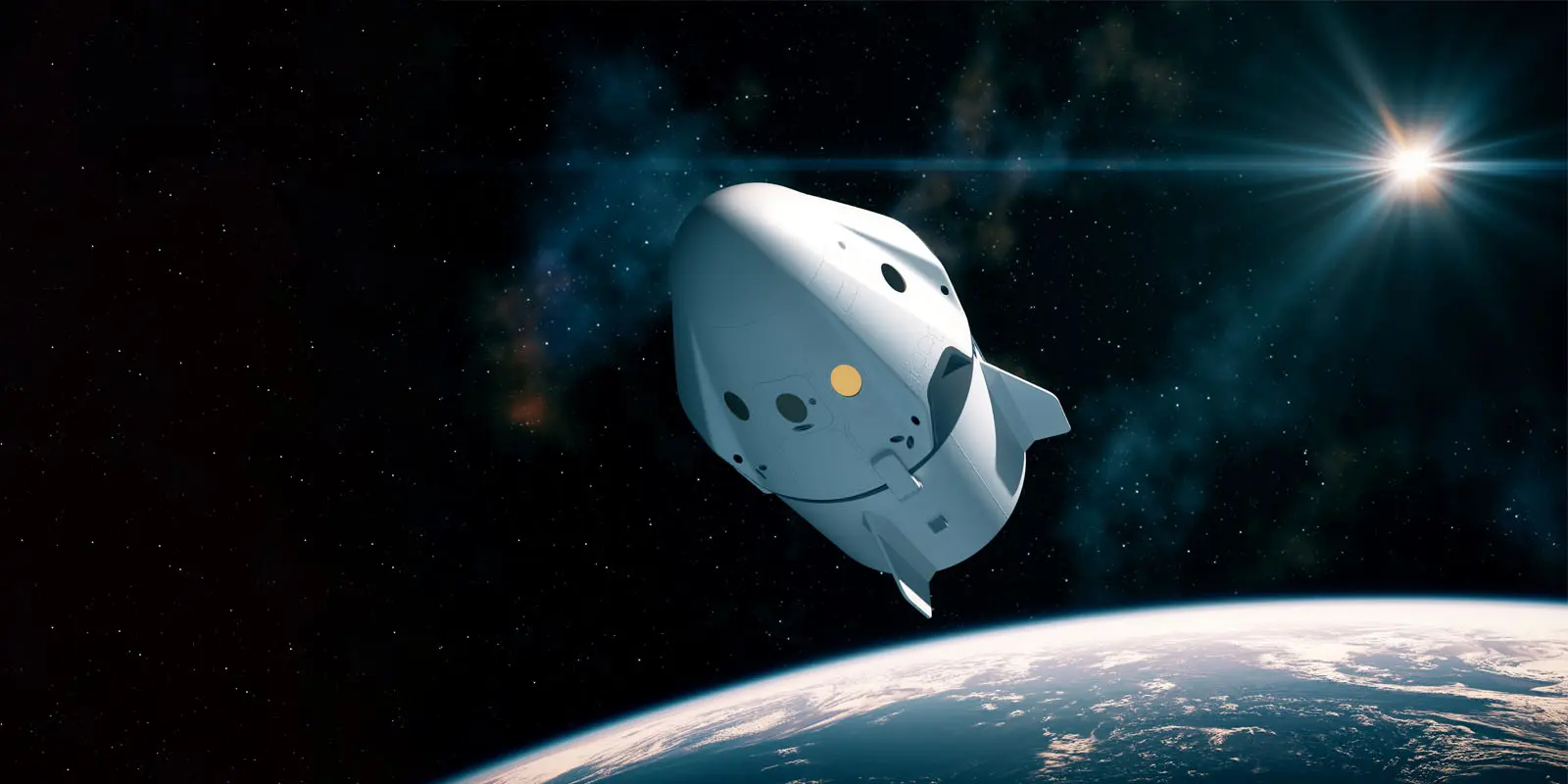HERMES is an acronym that stands for "Hypersonic vehicles Enhancement via Robust Multi-fidelity optimization for the Exploitation of Space".
Hypersonic flight captures the utmost interest of both the Academic and the Industrial communities. To provide a few examples, hypersonic applications entail manned spacecraft re-entering the atmosphere, reusable launchers, research and experimental powered aircraft at a high altitude, or sub-orbital vehicles for space-tourism.
From a design standpoint, an accurate prediction of the complex physical phenomena characterizing hypersonic flight is mandatory for improving the design of vehicles. Besides, the optimization quest is challenged by uncertainty which unavoidable affects reality and can lead to catastrophic failures. Therefore, hypersonic applications call for robust design methodologies which, unfortunately, are extremely demanding from the computational perspective.
To ease the burden, the HERMES project proposes a multi-fidelity approach to the robust design of hypersonic vehicles. Merging pieces of information of diverse fidelity and complexity allows complementing data to achieve a more efficient methodology.
The ultimate goal is to advance the design of hypersonic vehicles, improving performances and efficiency to reduce launch costs and facilitate access to the space.
The Hermes project is funded by the PRIN22 framework (Project n. 2022YPMRNW).
Short bio:
Giulio Gori graduated in Aeronautical Engineering at Politecnico di Milano. He was awarded a Ph.D. in Aerospace Engineering in January 2019, from Politecnico di Milano, with a thesis focused on developing numerical methods and computational tools for renewable energy applications. He then moved to INRIA-Ecole Polytechnique in Paris to work on uncertainty quantification.
In 2021, he re-joined Politecnico di Milano here he is currently an assistant professor of Fluid Mechanics.
His fields of interest cover hypersonics, uncertainty quantification and robust optimization, and multi-fidelity models for aerospace applications.
Francesco Bonelli graduated in Mechanical Engineering at University of Basilicata in 2010. He received a Ph.D. in Industrial and Innovation Engineering at University of Basilicata in 2014. He worked for one year as Research Fellow within the Department of Physics of the University of Bari where he dealt with multiphase flows and active matter.
Since 2016, he has been Research Fellow at Polytechnic University of Bari where he collaborates with Prof. Pascazio and Dr. Colonna in modelling of high enthalpy flows.
Since 2020, he has been collaborating with the von Karman Institute for Fluid Dynamics as Visiting Research Fellow, working with Prof. Thierry Magin on gas-surface interaction.
